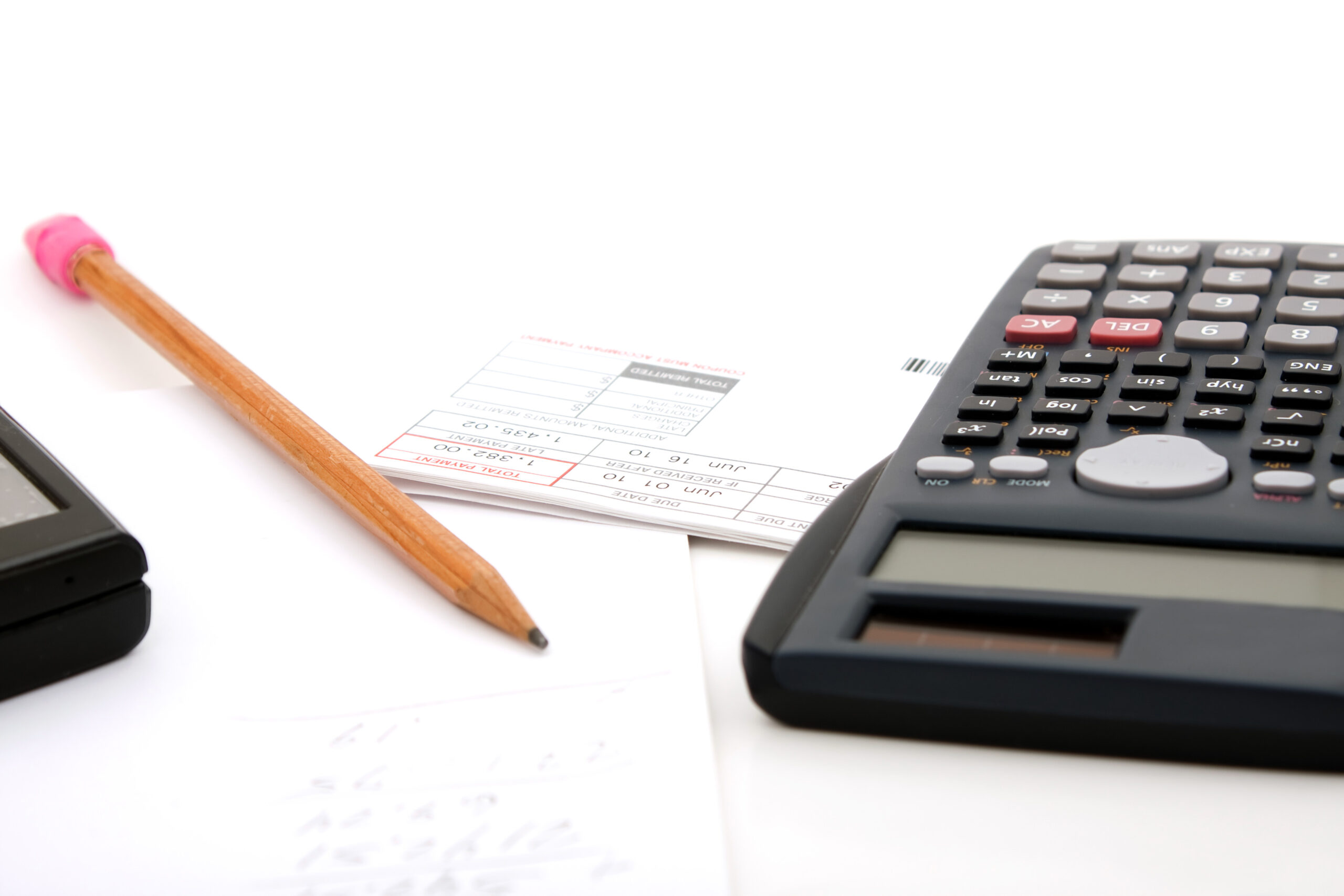Are you tired of living paycheck to paycheck? Do you want to save more money and build a better financial future for yourself? If so, then it’s time to start budgeting. In this article, we will explore the best ways to cut back on expenses and boost savings.

The Power of Making a Budget
Making a budget is one of the most effective ways to take control of your finances. By creating a budget, you can track all of your income and expenses, identify areas where you are overspending, and make adjustments accordingly. A good place to start is by tracking your spending for a month or two to get an idea of where your money is going. Once you have a clear picture of your finances, you can create a budget that works for you.
Cutting Back on Unnecessary Expenses
One of the easiest ways to save money is to cut back on unnecessary expenses. Take a look at your monthly bills and identify any services or subscriptions that you don’t use or need. For example, if you have a gym membership but never go, consider canceling it. You could also try negotiating with service providers like cable companies or internet providers to see if they offer any discounts or promotions.
Saving Money with Simple Lifestyle Changes
Another way to save money is to make simple lifestyle changes. For instance, instead of eating out every day, pack a brown bag lunch or cook meals at home. You could also try using public transportation or carpooling instead of driving alone. These small changes can add up over time and help you save a significant amount of money.
How to Create an Emergency Fund and Why It’s Important
Creating an emergency fund is essential in case unexpected expenses arise. Ideally, your emergency fund should cover three to six months worth of living expenses. To create an emergency fund, set aside a portion of your income each month into a separate account. This money should only be used for emergencies such as medical bills, car repairs, or job loss. Having an emergency fund gives you peace of mind knowing that you have some backup funds available when you need them most.
In conclusion, budgeting is not just about cutting back on expenses; it’s about taking control of your finances and building a better financial future for yourself. By following these tips, you can reduce your debts, increase your savings, and achieve your financial goals faster than ever before.



